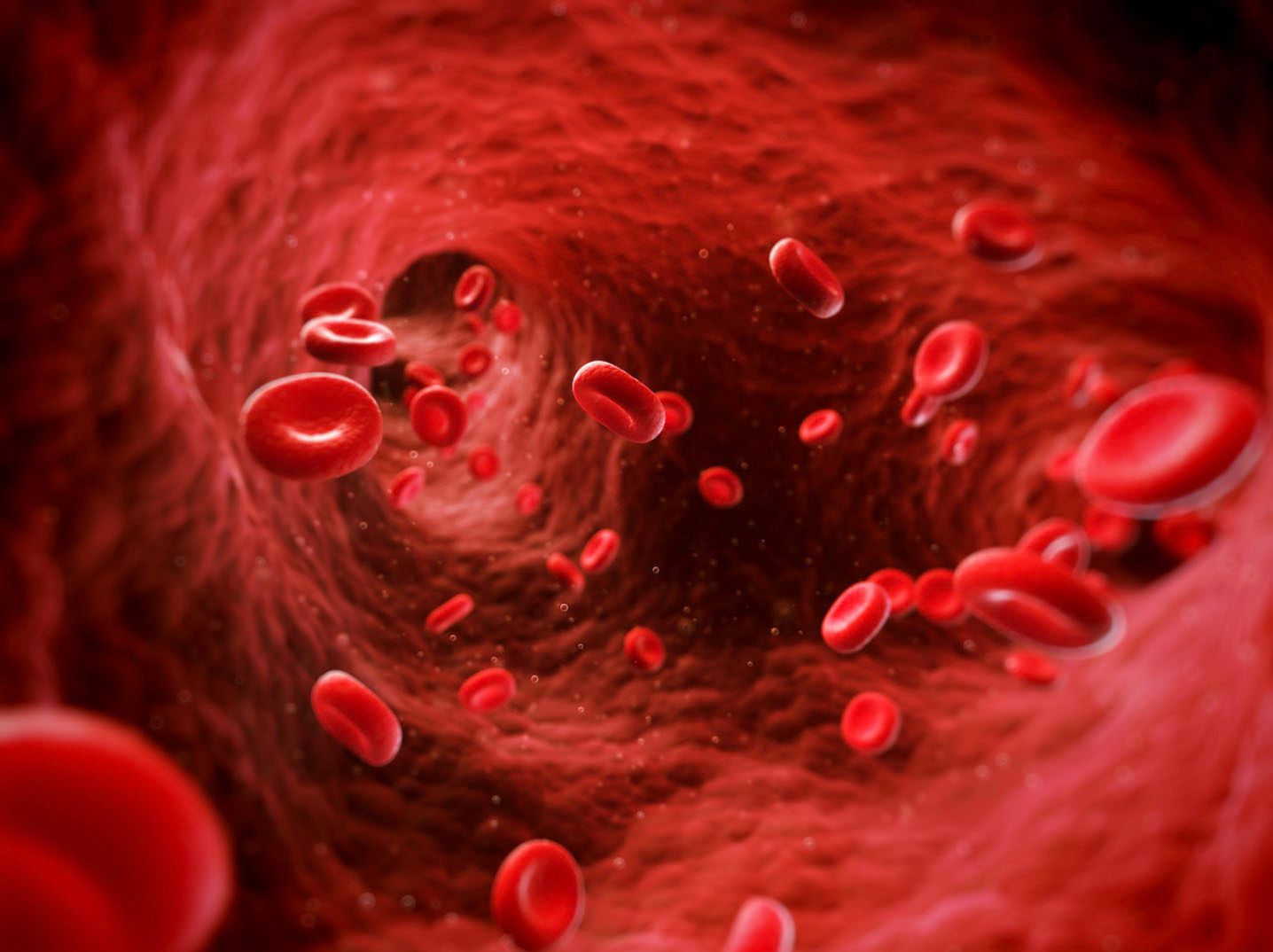LACEWING Update: Gilteritinib Plus Azacitidine Does Not Improve OS in Newly Diagnosed AML
A review by an Independent Data Monitoring Committee determined that combination of gilteritinib plus azacitidine would not likely improve overall survival compared with azacitidine alone in patients newly diagnosed FLT3-positive acute myeloid leukemia who were ineligible for intensive induction chemotherapy, missing the primary end point of the phase 3 LACEWING clinical trial.

A review by an Independent Data Monitoring Committee (IDMC) determined that combination of gilteritinib (Xospata) plus azacitidine (Onureg) would not likely improve overall survival (OS) compared with azacitidine alone in patients newly diagnosed FLT3-positive acute myeloid leukemia (AML) who were ineligible for intensive induction chemotherapy, missing the primary end point of the phase 3 LACEWING clinical trial (NCT02752035), Astellas announced, in a press release.1
Based on the IDMC recommendation, enrollment to the LACEWING trial has been stopped, and the results will be reviewed pending further action.
“Although we are disappointed by the primary outcome of LACEWING, we are conducting a thorough review of the data and plan to share detailed results at a later date," said Andrew Krivoshik, MD, PhD, senior vice president, and Oncology Therapeutic Area Head, Astellas, in a statement.
Despite the failure to demonstrate improvement in OS, the trial showed favorable results on the secondary end points, which include event-free survival, best response, complete remission (CR), composite complete remission (CRc), and complete remission with partial hematologic recovery. Results for the study were recently presented during the 2020 American Society of Hematology (ASH) Annual Meeting.2
The study included 250 patients overall who were randomized 2:1 to received either gilteritinib alone at 120 mg per day for, the combination of gilteritinib 120 mg per day, and azacitidine 75 mg/m2, or azacitidine monotherapy at 75 mg/m2. Treatment was given in 28-day cycles until lack of clinical benefit or unacceptable toxicity. Follow-up visits occurred every 3 months. In the safety cohort of 15 patients, patients received gilteritinib 80 mg per day with a potential to escalate the dose to 120 mg per day in combination with azacitidine 75 mg/m2.
CRs or CRcs were achieved in 33% of patients in the overall population and 67% in the safety cohort. Of the 10 patients who had a CRc, the median duration of remission was 10.4 months (95% CI, 0.95 to not reached), with 5 patients censored.
All 15 patients in the safety cohort experienced treatment-emergent adverse events (TEAEs), and all but 1 of these patients experienced serious TEAEs. All 15 patients had grade 3 or higher TEAEs. In 40% of the patient population, a TEAE led to treatment withdrawal, but these events were not related to the study drug.
To be included in the open-label, multicenter, randomized LACEWING trial, patients were required to be aged 18 to 64 years with an ECOG performance status of 2 or higher with adequate laboratory values at baseline. Patients were excluded if they were diagnosed with APL- or BCR-ABL-positive leukemia in addition to prior surgery or therapy that may have interfered with study treatment.
“These results do not affect other ongoing gilteritinib trials. We remain committed to our comprehensive program investigating gilteritinib across a wide range of AML patients with a positive FLT3 mutation, building on gilteritinib's earlier, positive data in patients with relapsed or refractory FLT3 mutation-positive AML," said Krivoshik, in a statement.
References:
1. Astellas Reports XOSPATA® (gilteritinib) in combination with azacitidine did not meet endpoint of overall survival in newly diagnosed flt3 mutation-positive acute myeloid leukemia patients ineligible for intensive induction chemotherapy. News release. Astella Pharma Inc. December 21, 2020. Accessed December 21, 2020. https://bit.ly/2WCKJcm
2. Wang ES, Montesinos P, Minden MD, et al. Phase 3, multicenter, open-label study of gilteritinib, gilteritinib plus azacitidine, or azacitidine alone in newly diagnosed FLT3 mutated (FLT3mut+) acute myeloid leukemia (AML) patients ineligible for intensive induction chemotherapy. Presented at the 2020 ASH Annual Meeting. December 4-8, 2020; Virtual. Abstract 27.
SELECT-AML-1 Trial of Tamibarotene Combo in AML Discontinues Enrollment
August 13th 2024Following a futility analysis, the phase 2 SELECT-AML-1 trial of tamibarotene combined with venetoclax and azacitidine in newly diagnosed RARA-overexpressed acute myeloid leukemia will discontinue enrollment.
Read More